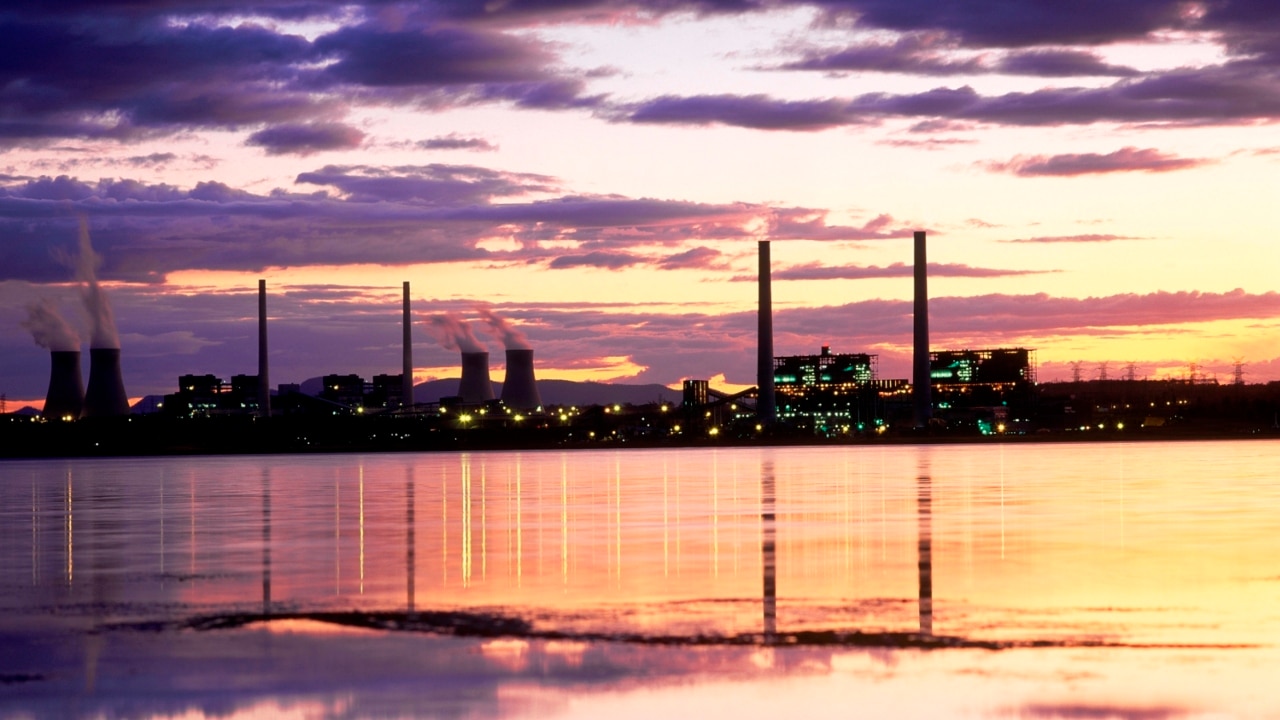AGL Energy ploughs $150m for 20pc stake in Kaluza platform as it moves to rival Origin Energy
AGL Energy will then migrate its nearly 4 million customers on to a new technology platform as it looks to answer the success of rival Origin Energy.

AGL Energy has agreed to purchase a 20 per cent stake in Kaluza, a technology platform that the Australian electricity and gas giant said it will roll-out to service its 4 million customers, as it moves to counter the success of rival, Origin Energy.
The announcement confirms the exclusive report by The Australian, which revealed last month that the near 200-year old energy company was close to an agreement with the technology service developed by the UK energy business, OVO Energy.
AGL said it will roll-out the platform across its retail book over the next three years. The platform is expected to save AGL between $70m-$90m each year.
AGL said it expects the cost of migrating the customers will total $300m, but with the savings it can utilise from Kaluza, the investment will have been recouped by 2028.
Investors have been pressuring AGL to move on its technology platform after seeing the success of rival Origin Energy which has an exclusive agreement with market leader Octopus Energy’s Kraken platform, a fact acknowledged by AGL’s chief executive Damien Nicks.
“The technology market is changing materially with the emergence of new core utility platforms offering greater flexibility and speed, which makes it imperative to partner with industry leaders, and is why we have chosen Kaluza,” Mr Nicks said.

Platforms such as Kaluza are increasingly playing a critical role in energy businesses. Companies can more efficiently manage their customer billing and their usage, while a rise in rooftop solar and household batteries has given rise to so-called virtual power plants (VPP).
A VPP pools thousands of households or businesses with rooftop solar and batteries. Batteries are used to store excess energy generated through rooftop solar. But if a user is deemed to have sufficient energy in their battery, it could be discharged into the wholesale market when prices are high, offering them a financial return and helping to ease the squeeze on the grid.
Platforms are now equipped with cutting edge technology that allows companies like AGL to deploy the generation, aiding the country’s electricity grid while maximising the returns to households, which OVO and Stephen Fitzpatrick - founder of the Kaluza platform - said will be vital in Australia’s evolving energy market.
“We have had historically large assets generating in gigawatt scale, and then we have customers that have demand and devices in the kilowatt scale. And whilst you can control gigawatt scale devices manually, you need algorithmic intelligence to optimise these highly distributed energy systems of the future,” Mr Fitzpatrick told The Australian.
“So the intelligence and the software that sits behind energy networks and energy retail operations will be increasingly important.”
AGL’s chief customer officer Jo Egan said AGL had run the ruler over alternative providers but with its first-hand experience via OVO Energy Australia the company had elected to use Kaluza.
It is understood AGL had previously explored the possibility of licensing Kraken’s platform but Origin has an exclusive use deal struck when it became a 20 per cent owner of UK’s Octopus. Origin is now a 23 per cent stakeholder.
Kraken is in hot demand. Kraken has more than 50 million accounts on its Kraken platform after striking deals with the likes of EDF UK and Tokyo Gas.
Octopus’ chief executive Greg Jackson has set a target of having 100m accounts on Kraken by 2027, a milestone that he said could easily be achieved.
Octopus receives payments for each account on its Kraken platform, which allows energy companies to efficiently manage millions of accounts and orchestrate the vast array of household and business solar and batteries, saving millions of dollars in the process.
But Mr Fitzpatrick said Kaluza will not be following Kraken in targeting utility companies.
“We have no ambition to go into water or telecoms or anything else,” Mr Fitzpatrick said.
“The energy system, and especially a consumer centric, scalable, secure energy system, is so complex, that we are very, very focused on that challenge.”








To join the conversation, please log in. Don't have an account? Register
Join the conversation, you are commenting as Logout